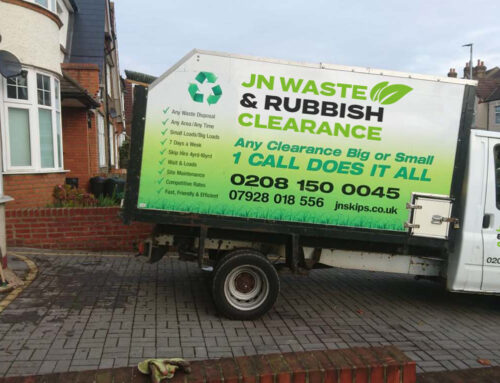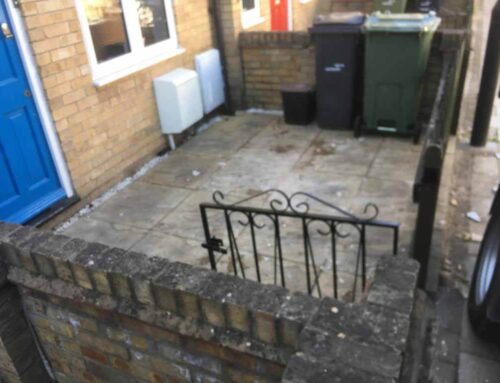Learning About Skip Hire
A skip is a big trash can with an open top that can be loaded onto a specific truck. The contents of a skip are taken away or changed with an empty skip and then dumped at a landfill or transfer station. This is different from how wheelie bins are emptied on-site. Skips are necessary for managing trash efficiently and effectively. They usually hold open-top loads of building and demolition waste and other waste and debris from home improvement, landscaping, and other large-scale projects. JN Waste provides complete Rubbish Removal in Croydon and Rubbish Collection in Bromley, giving customers all the tools they need to handle their trash in an eco-friendly way.
How to Behave When You Skip:
- Where to Put the Skips Right:
- It is essential where a skip is placed. It should be on your property, like a driveway or yard. If you must put it on a public road, your city or town may give you a pass. Ensure the skip doesn’t get in the way of people walking or cause a safety issue on the road.
- How to Pick the Right Size:
- Choosing the right skip size is essential to managing trash well. JN Waste has skips of all sizes, so you can find the right one, whether cleaning a small room or starting a big construction job. Picking the right size helps hire fewer people and lowers the risk of overstaffing.
The Right Ways to Fill:
To fill a skip level:
- Start with flat things to make a base.
- Put heavier items on top.
- Make sure the weight is spread out properly, and don’t put stuff in there that could move around while being moved.
This makes the best room use and lowers the risk of accidents while in transit.
How to properly use a skip: what not to do
- Avoiding Items That Aren’t Allowed:
- Some things should never be put in skips because they are dangerous or harmful to the earth. Toxic substances, asbestos, batteries, electrical appliances, and other hazardous materials must be thrown away individually. JN Waste can advise you on how to deal with these things properly.
- Following Weight Limits:
- Each skip can only hold a certain amount of weight to ensure the transport is safe and follows car rules. Over this limit could cost you more money and put your life at risk. You should be aware of these boundaries and strictly follow them.
- Stopping Overfilling:
- Skips should be stuffed only partially past the tops of their sides. When you overfill, things can spill out during transport, which can be dangerous and hurt the environment. Moving a skip that isn’t safe is against the law.
Thoughts on the Environment
- Separation of trash and recycling:
- JN Waste tells customers to separate their trash whenever they can, which helps with recycling and prevents recycling mistakes you need to avoid. This not only cuts down on the trash that ends up in dumps, but it also helps the environment stay healthy.
- Effects on the local environment:
- Responsibly using skips has the most minor effect on the local environment. Following the proper steps for managing trash can make maintaining the cleanliness and safety of your community easier.
Tips for More Advanced Skip Usage
- Keeping track of skip hire costs:
- Plan for your trash removal to get the best deal on a skip and avoid extending the rental time for no reason. Separating recyclables could help reduce the amount of trash, meaning fewer or smaller skips are needed.
- Steps taken for safety:
- To prevent people from using or illegally putting things in your skip without your permission, put it somewhere safe and easy to see and consider covering it at night or when it’s not in use. This will prevent you from paying extra for waste you didn’t expect.
Summary
Following these dos and don’ts of skip-hire is essential for efficient and eco-friendly trash management. Customers of JN Waste can be sure they are using skips in a safe, legal, and moral way by following these rules. Adopting these ideas will not only help us all do a better job of managing our trash but also save money and protect the environment.




